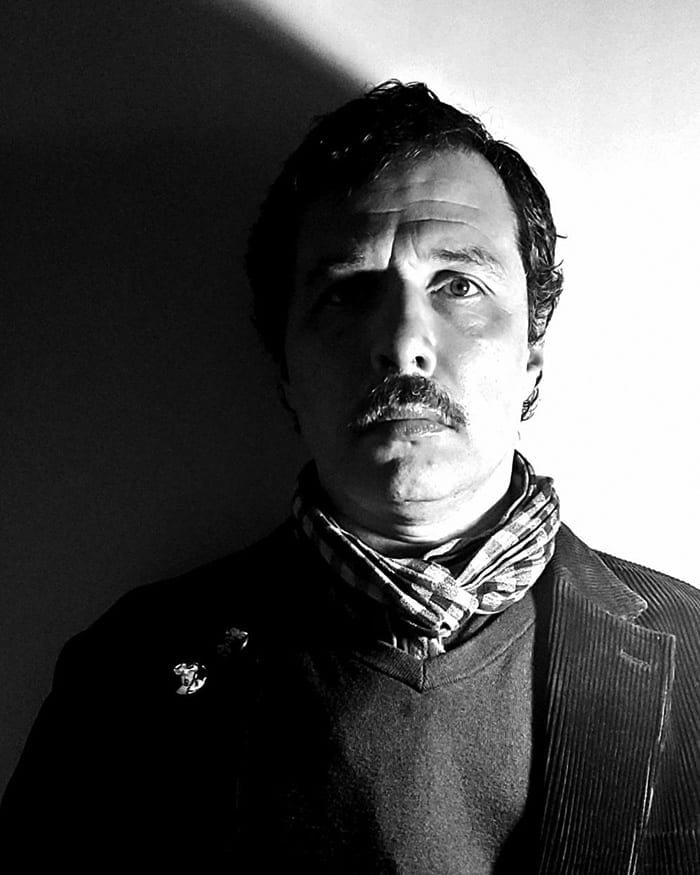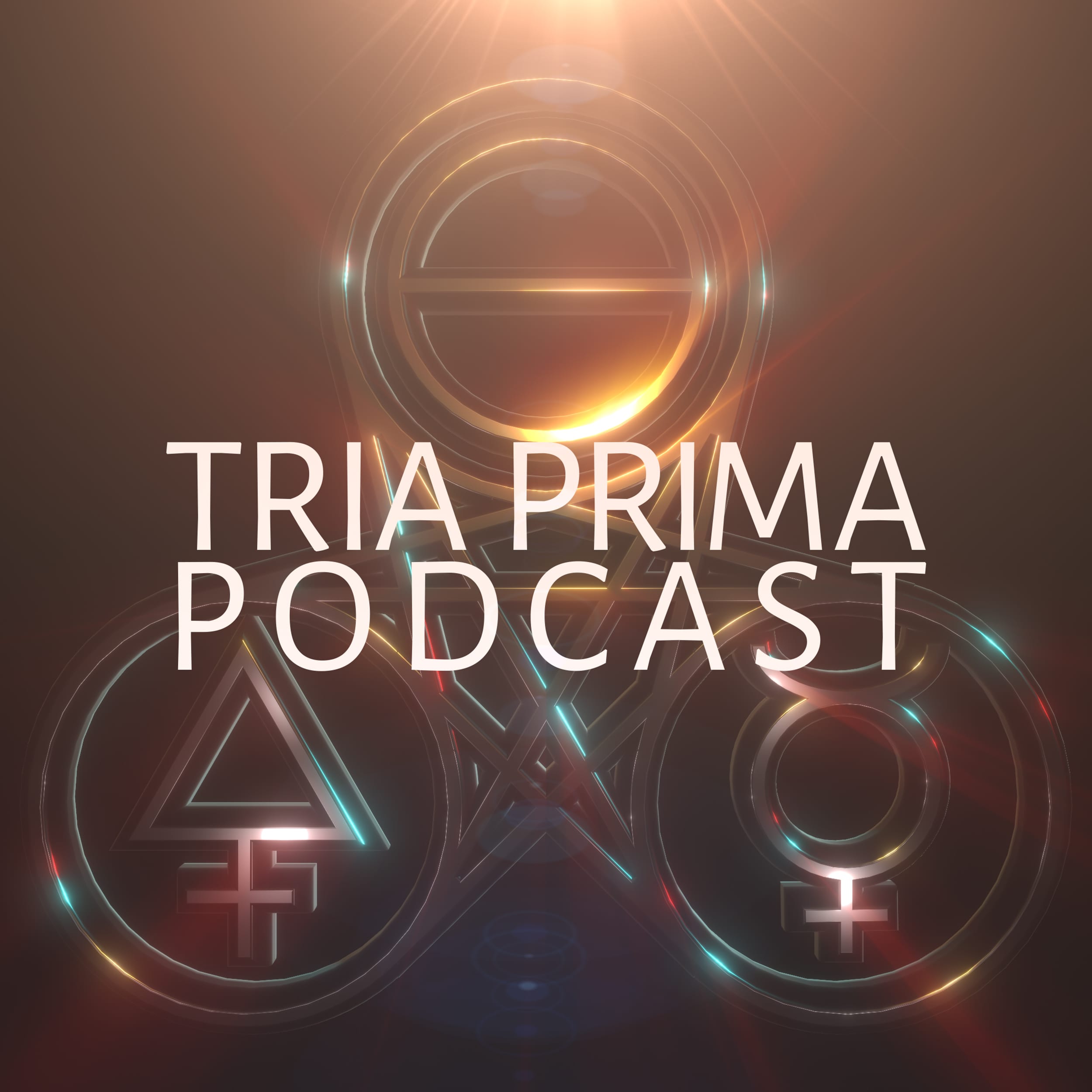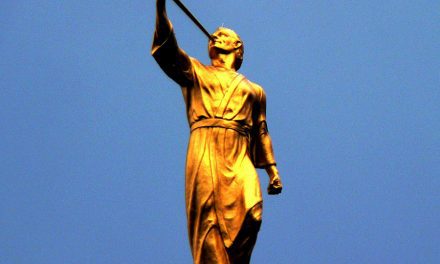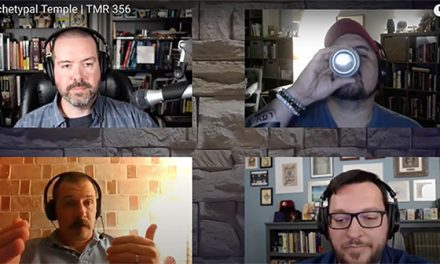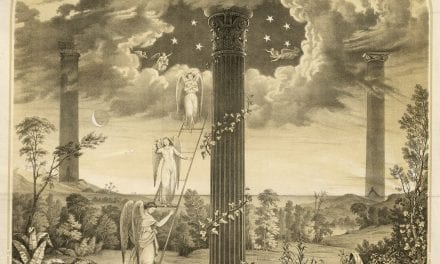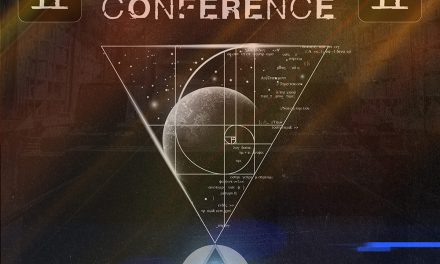A DIVERGENT PERSPECTIVE ON FREEMASONRY’S MEMBERSHIP DECLINE
by Jaime Paul LambThere has been an ongoing debate regarding the decline in Masonic membership for some time now. From what I have read and heard firsthand, in and around the Lodge, most of the proposed solutions to the matter involve making Freemasonry somehow easier and more accessible to a greater number of men. These proposed solutions involve initiatives like the abolishment of the 2B1ASK1 rule, the acceptance of short-form or minimum proficiency, and one-day classes in which one may be conferred all three Blue Lodge degrees in a single day.
I think it’s important to view the “problem” in the context of the Fraternity’s recent history. Looking at the numbers, there was an unusually large swell in Masonic membership in the mid-20th century peaking in 1959 at 4,103,161 which was probably largely due to soldiers coming home from wars overseas who desired an instant social life, in addition to some of the same regimented order to which they had grown accustomed in their military experience. The father would join the Blue Lodge (often as a stepping stone to the Shrine), his wife might join the Order of the Eastern Star or Amaranth, his daughter would join (or be coerced into) Job’s Daughters or Rainbow Girls and his son would join (or be coerced into) DeMolay.
Note that, apart from the Blue Lodge, none of these orders practice Regular Masonic Ritual and are therefore tangential to the Work of the Fraternity. Though it is outside of the scope of this article to argue to merits and value of Masonic appendant bodies, it should be clear which of these bodies offer “further Light in Masonry” and which are merely peripheral social or philanthropic pursuits.
Regarding philanthropy, it is obvious that one doesn’t have to be a Freemason in order to write a check to one’s favorite charity – anyone can do that. While philanthropy is an aspect of what the Craft offers the community, it does not in-itself define Freemasonry. Let us also remember that we are obligated to offer assistance to our fellow Masons, their widows and orphans – not the world-at-large.
What we offer the world-at-large is the product of a Fraternity that transforms men and, in doing so, disseminates its principles into society by the good, square work of individual Masons. Merely participating in a vote at a Stated Communication that contributes X-amount of dollars to the Toys For Tots program, for example, is not the only sort of altruism of which we, as Masons, are capable.
Freemasonry is not a diner’s club; it is neither a social order, nor is it a service order. Freemasonry is an ancient and exclusive initiatory system, teaching sublime truths by symbol and allegory woven into a suite of transformational initiatory rituals – that’s what we have that is our own; everything else can be found in the profane, quotidian world or in other fraternal orders, which share neither our antiquity nor our priceless heritage of ageless Wisdom, Strength & Beauty. Initiation is something that defines the Masonic experience. Classically, initiatory rites of passage are meant to transform the individual from one state-of-being or social role, through a liminal process, and on to another more exalted station in life. The roots and tributaries to Freemasonry’s initiatory lineage are of inestimable antiquity, as elements of our Work may be found, through a modicum of anthropological research, disappearing into prehistory.
I, for one, have no fear for the future of our Fraternity – providing we safeguard and retain its value. What I find concerning are the recent efforts to make Freemasonry easier and more-accessible which will almost certainly devalue the Craft. Now more than ever, we should seriously consider how we can properly guard the West Gate. There simply is no need to populate our Lodges with warm bodies. Freemasonry is not elitist, but it is exclusive. Freemasonry makes good men better – not faulty men good. We don’t need more Masons – we need the right Masons.
If the current decline in membership means that the Fraternity must downsize, consolidate and merge its Lodges – as is obviously underway, whether we like it or not – then so mote it be. If this means that there is a smaller, tighter core of true and faithful custodians of the Craft, whose primary interest is in preserving the integrity of Freemasonry’s legacy – unadulterated by peripheral pursuits and concerns – then we need to embrace the ideas of those who would pass on an intact and pristine edifice. Freemasonry will move inexorably onward if we, as its present guardians, don’t dilute its transformational potency, which is its Strength.
